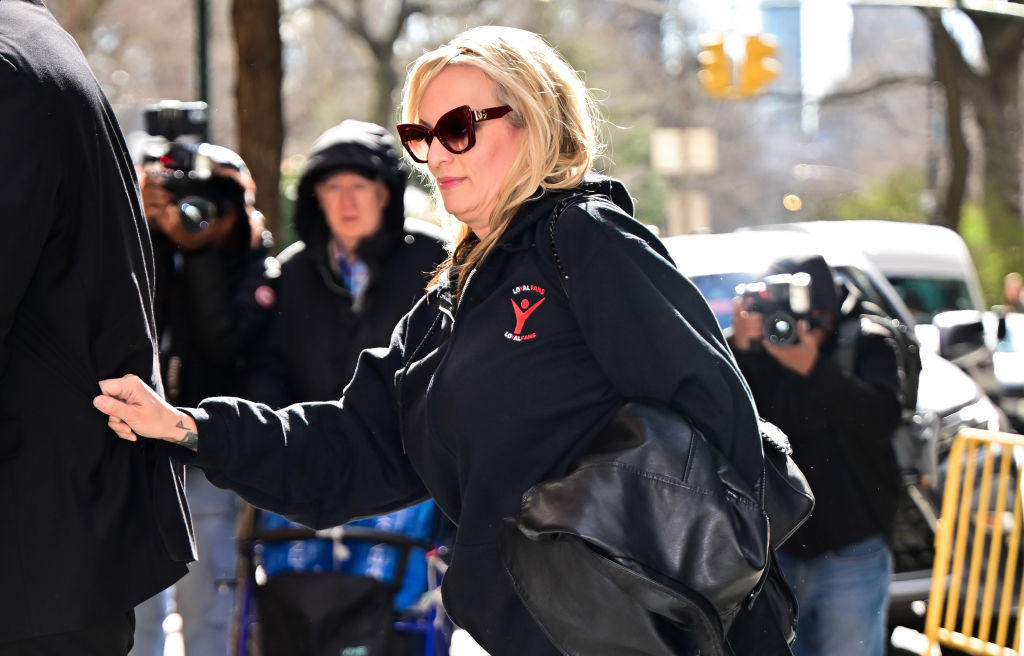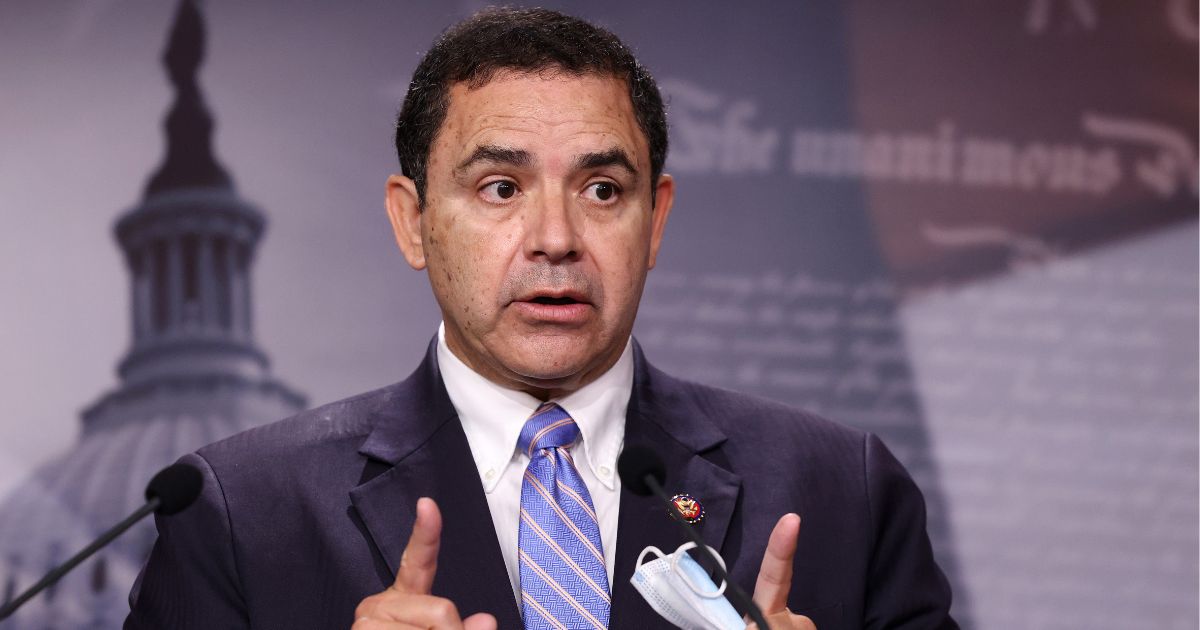Federal Court Halts Douglas Mackey’s Meme Sentence
Federal Court Halts Prison Sentence for Election Interference
A federal court made a significant decision on Monday, putting a halt to the prison sentence of Douglas Mackey. Mackey had been convicted earlier this year of election interference for his involvement in posting memes that mocked Hillary Clinton voters during the 2016 presidential election. The court’s ruling comes as a relief to Mackey, who was facing a 7-month prison term, a $15,000 fine, and two years of probation.
However, this turn of events didn’t come without a fight. Mackey’s appeal was granted by Judge Omar Williams of the Second Circuit Court of Appeals, who overruled the appellate court’s decision. This means that Mackey will be released on bond pending his appeal. The judge’s ruling indicates that there are substantial and debatable legal issues in Mackey’s case that, if resolved in his favor, could lead to his conviction being vacated.
Mackey expressed his gratitude for the court’s decision, stating, “This ruling is huge because it means that the appeals court decided that my appeal presents ‘substantial’ and ‘debatable’ issues of law that, if resolved in my favor, will result in my conviction being vacated. This is a very encouraging step towards vindication.”
The Allegations and Mackey’s Defense
Mackey was accused of conspiring to deprive individuals of their constitutional right to vote through a scheme he orchestrated on Twitter. Under the handle “Ricky Vaughn,” Mackey posted memes leading up to the election that aimed to provoke, mislead, and deceive voters. The Justice Department claimed that Mackey and other influential Twitter users disseminated fraudulent messages, persuading voters to cast their ballots for Hillary Clinton via phone or social media.
One of the memes in question featured an image of a black woman with an “African Americans for Hillary” sign, encouraging people to “Avoid the Line. Vote from Home” by texting “Hillary” to a specific number. While it’s unclear how many people fell for the meme and didn’t cast their intended vote, the government reported that approximately 4,900 individuals texted the number.
Despite the allegations against him, Mackey maintains his innocence and plans to continue fighting for his case. If he doesn’t succeed in the Second Circuit, he intends to take his appeal to the U.S. Supreme Court.
Leif Le Mahieu contributed to this report.
What arguments can be made for Mackey’s actions being protected under the First Amendment and considered a form of political expression?
Events has sparked a debate among legal experts and the general public about the boundaries of free speech and the implications for future cases of election interference.
In 2016, during the heated presidential campaign between Hillary Clinton and Donald Trump, Douglas Mackey, also known as “Ricky Vaughn,” used social media platforms to post memes and messages that mocked and misled Clinton voters. These efforts were aimed at suppressing voter turnout and influencing the election outcome.
Mackey’s actions were deemed by many as an act of election interference and a violation of the Federal Elections Campaign Act. In March of this year, he was found guilty by a federal jury, leading to the sentencing that was recently halted.
The court’s decision to halt Mackey’s prison sentence has drawn mixed reactions from different segments of society. Supporters argue that his actions, while manipulative and deceitful, do not warrant imprisonment. They contend that the punishment should be proportionate to the crime and that a 7-month prison term is excessive for engaging in online political satire.
On the other hand, critics of the court’s decision assert that Mackey’s actions went beyond mere satire and constituted a deliberate attempt to undermine the democratic process. They argue that such interference undermines the beliefs and principles upon which democracies are built, and that a strong message needs to be sent to deter others from engaging in similar activities.
What complicates this case further is the question of free speech. Mackey’s defense team argued that his actions were protected under the First Amendment, which guarantees the right to freedom of speech. They contended that his online activities were a form of political expression and criticism, protected by law.
The court’s decision to halt Mackey’s prison sentence can be seen as a cautious interpretation of the First Amendment. It reflects a delicate balancing act between protecting free speech rights and preventing malicious interference in the electoral process. The court’s ruling suggests that while Mackey’s actions may be reprehensible, they might not rise to the level of criminality that warrants imprisonment.
This case raises important questions about the boundaries of free speech in an increasingly digital world. With the ease and accessibility of social media platforms, individuals have the power to reach millions of people with their messages. As such, it is crucial to determine how far free speech protections extend in the context of online election interference.
Moreover, this ruling serves as a precedent for future cases of election interference. Legal scholars and lawmakers will undoubtedly closely examine the court’s reasoning and decision. The outcome of future cases will depend, in part, on how courts interpret this ruling and apply it to similar situations.
In conclusion, the federal court’s decision to halt Douglas Mackey’s prison sentence for election interference has ignited a spirited debate about the boundaries of free speech and the implications for cases of online political manipulation. This case emphasizes the need for a nuanced and thoughtful approach to protect the integrity of democratic processes while safeguarding the rights of individuals to express their opinions and beliefs. As technology continues to evolve, it is paramount that legal frameworks keep pace to ensure the preservation of a fair and transparent electoral system.
" Conservative News Daily does not always share or support the views and opinions expressed here; they are just those of the writer."





